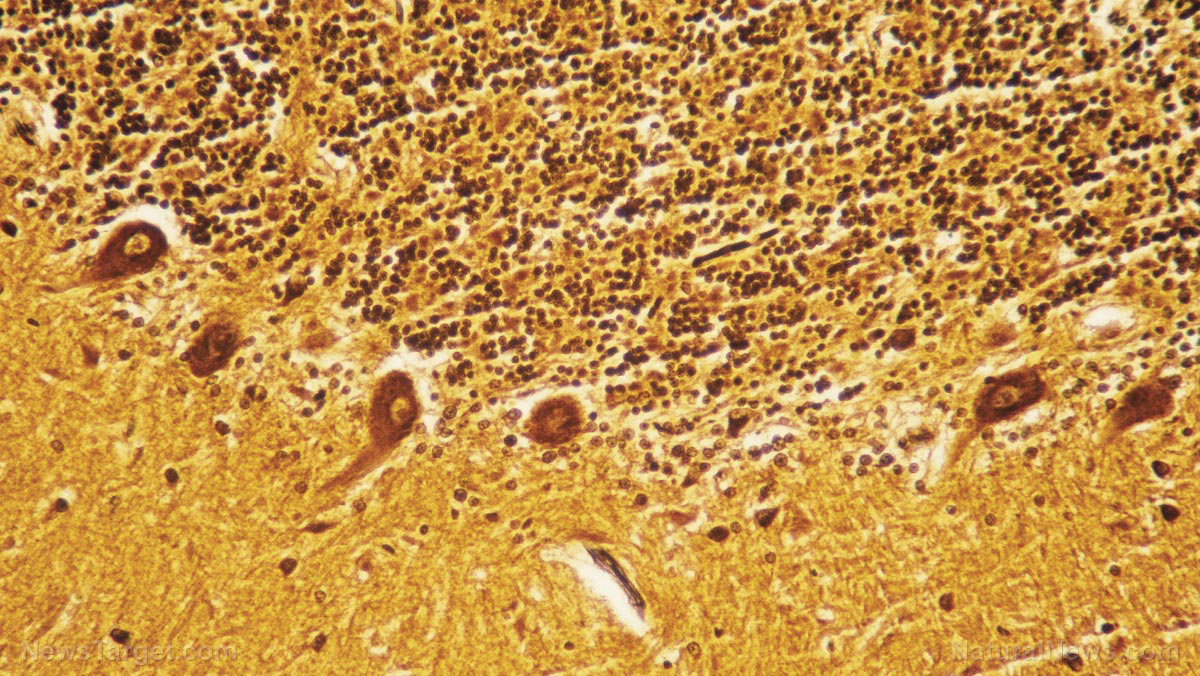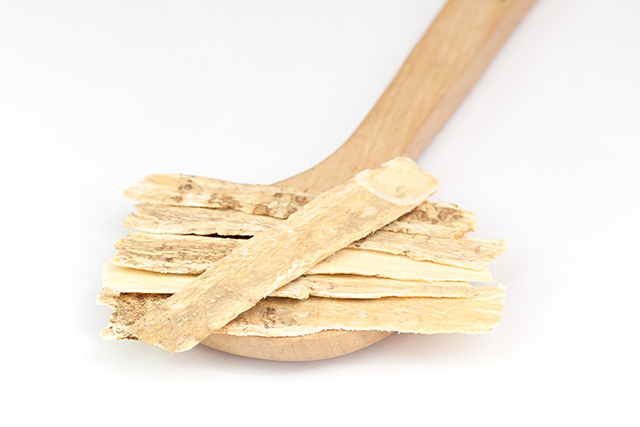The neuroprotective effects of felty germander (Teucrium polium)
09/03/2018 / By Ralph Flores

A study suggests that Teucrium polium, commonly known as felty germander, can be used to improve memory following menopause. The paper, published in BMC Complementary and Alternative Medicine, looked at the effects of T. polium on nerve activity in the hippocampus using bilateral ovariectomized (OVX) rats.
- T. polium is known for its beneficial effects on learning and memory; however, not much is known regarding its ability to improve activity in the hippocampus, in terms of its impairment following estrogen deficiency.
- In the study, the team investigated cases of tetanic potentiation, including post-tetanic potentiation and depression, in response to ipsilateral entorhinal cortex high-frequency stimulation.
- Tissue samples were obtained to analyze Ca2+-depended acid phosphatase activity.
- For all animal models, TD-PTP responses were noted in hippocampal neurons that have been most recorded.
- Researchers found that OVX rats that were treated with T. polium had recorded synaptic activity, an indicated that the treatment prevented degeneration. Hippocampal cells in this group had also recovered their shape and size in CA1 and Ca3 fields, compared with other samples.
Based on the findings, researchers concluded that T. polium reduced OVX-induced neurodegenerative changes in the hippocampus and modulated cell survival through regulating activity and network plasticity.
Read the full study at this link.
Learn more about the felty germander and other herbs that improve memory at Herbs.news.
Journal Reference:
Simonyan KV, Chavushyan VA. PROTECTIVE EFFECTS OF HYDROPONIC TEUCRIUM POLIUM ON HIPPOCAMPAL NEURODEGENERATION IN OVARIECTOMIZED RATS. BMC Complementary and Alternative Medicine. 2016;16(415). DOI: 10.1186/s12906-016-1407-3
Tagged Under: brain health, felty germander, hippocampus, Menopause, natural cures, natural health, natural medicine, natural remedies, Teucrium polium




















